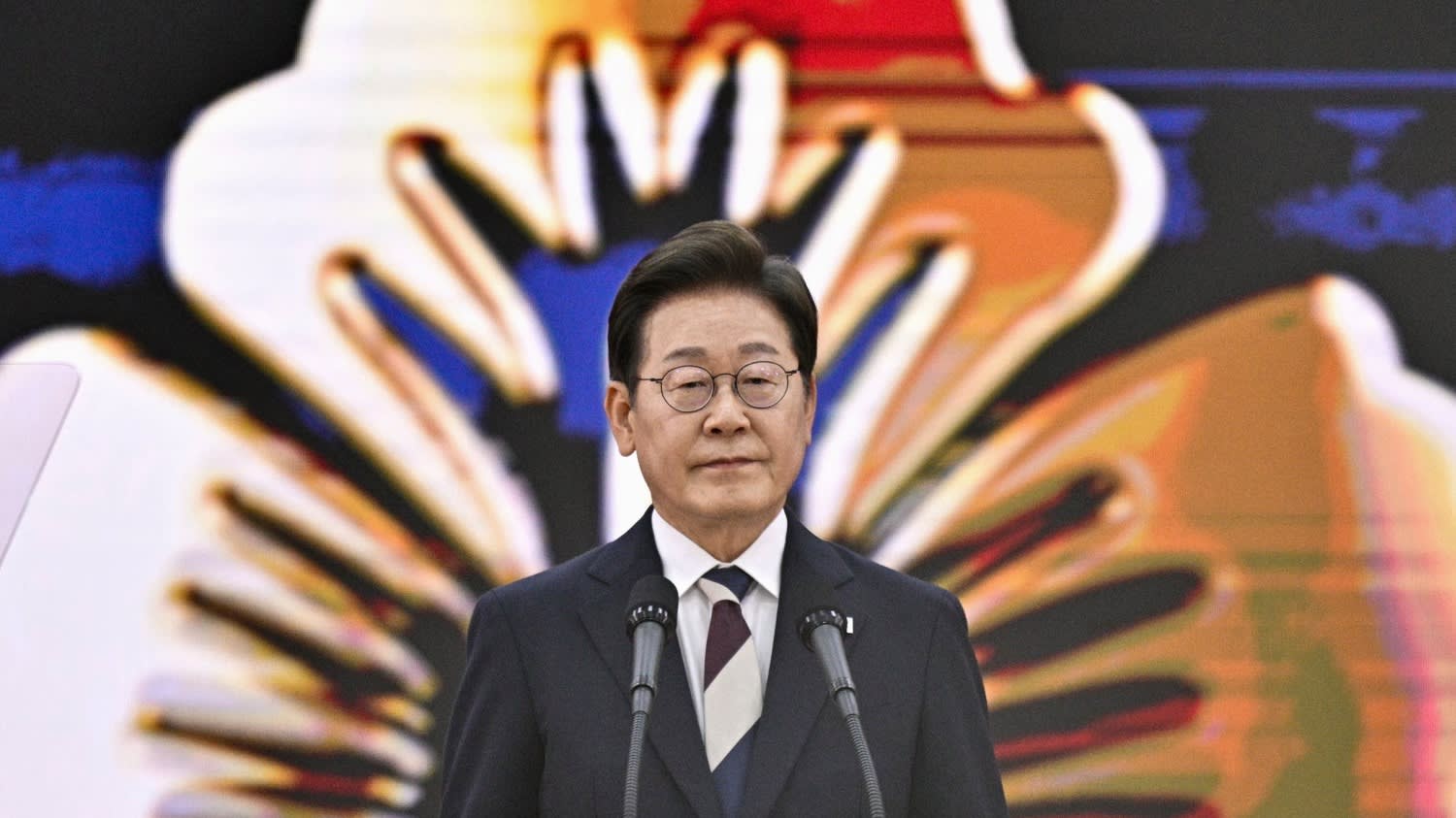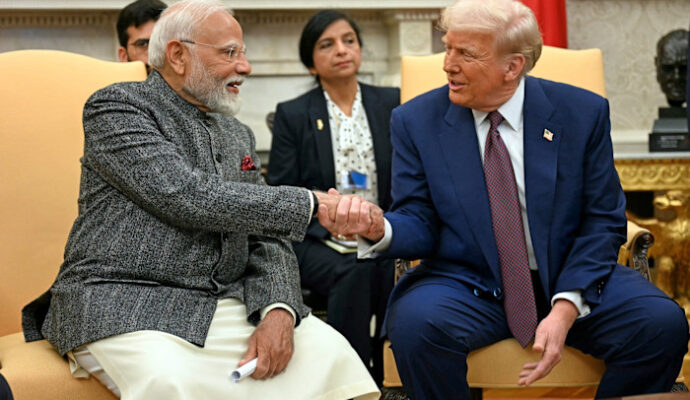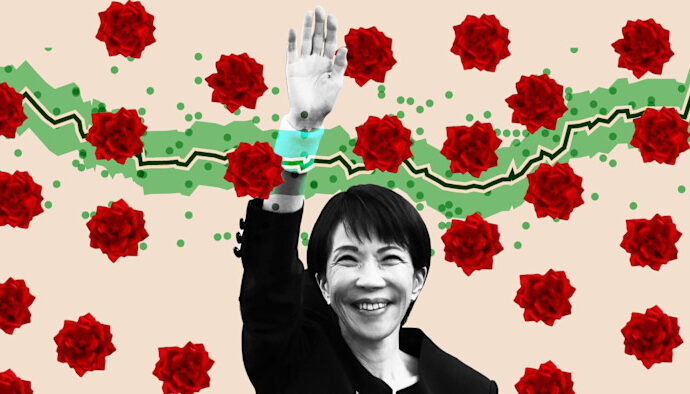
Unlock the White House Watch newsletter for free
Your guide to what Trump’s second term means for Washington, business and the world
South Korea’s presidential election this week was an affirmation of democracy in a country that just six months ago was rocked by conservative leader Yoon Suk Yeol’s attempt to impose martial law. The clear victory for Lee Jae-myung of the leftwing Democratic party repudiated Yoon’s martial law bid and the failure of the ousted president’s People Power party to wholeheartedly condemn it. The result offers the hope of some stability for a country that is a key part of the international political order and global trading system, but faces serious difficulties at home and abroad.
In his inaugural address, Lee, who took office immediately, warned of the “unimaginable sweat, tears and patience” needed for the challenges ahead. Yoon’s martial law bid and subsequent impeachment have deepened South Korea’s political divisions. US President Donald Trump’s tariffs blitz threatens its already slowing economy and his capricious foreign policies raise questions about the alliance that secures South Korea against the communist North. The country’s long-term demographics look disastrous and its very economic model is in question.
Lee, who lost narrowly to Yoon in 2022’s presidential election, moved towards the political centre this year and has pledged to “put an end to the politics of division”. A genuine commitment to national unity will be the best riposte to suggestions from his defeated conservative rival Kim Moon-soo that Democratic party control of both the presidency and national assembly would be a bigger threat to South Korean democracy than martial law.
Lee has also signalled restraint and pragmatism in international affairs. His most immediate challenge will be to manage a mercurial US administration and head off the threat of even higher US tariffs. Presidents from South Korea’s left have traditionally sought greater autonomy from Washington and warmer ties with China and North Korea. But Lee on Wednesday promised to strengthen the alliance with the US as the “bedrock” of his diplomacy and made no mention of Beijing. His pledge to “keep channels of communication with North Korea open” is unlikely to signal a dramatic shift of approach to an increasingly hostile Pyongyang.
Perhaps the most pressing concern is how Lee will handle ties with Korea’s former colonial occupier, Japan. Under Yoon, Seoul and Tokyo achieved a rapprochement that offered hope of increased co-operation between democratic neighbours with a shared interest in regional security and the global trade order. But Lee has in the past made clear he thinks Japan must do more to atone for historical misdeeds. In 2023 he denounced a meeting of Yoon and Japan’s then prime minister Fumio Kishida as “the most shameful and disastrous moment in our country’s diplomatic history”. His reference on Wednesday to solidifying “trilateral” co-operation with the US and Japan suggests an unfortunate reluctance to pursue better bilateral ties with Tokyo.
On the economy, Lee has in the past cast himself as a radical leftwing reformer. Wednesday’s promise of “pragmatic market liberalism” was more reassuring. But his plans for fiscal expansion to boost growth must take into account a national debt that has risen sharply. Lee’s promise to introduce a fiduciary duty to shareholders, which could raise listed companies’ chronically low valuations, is to be applauded. But he has yet to set out a convincing alternative to South Korea’s faltering export-reliant model of growth driven by dominant conglomerates.
Lee pledged this week to address South Korea’s “tangled” crises even if it required “crossing treacherous mountains and cutting through thorny bushes”. It may prove harder still than that.


